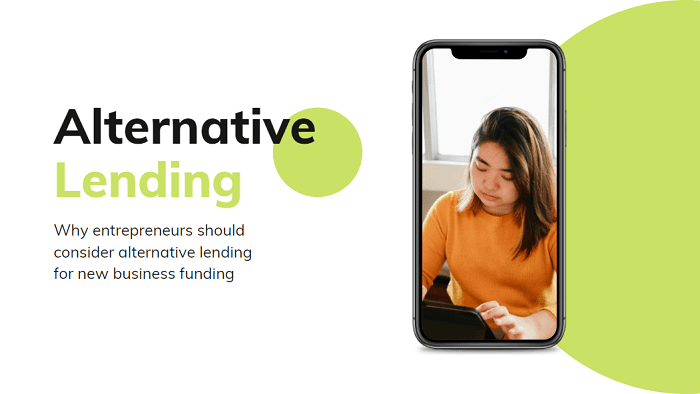Entrepreneurship, even for serial entrepreneurs, has always been difficult. When over 100,000 small businesses across the U.S closed during the Great Recession, it became clear that having a great product/service and team simply wasn’t enough. In the post-pandemic world, entrepreneurs need more finances just to stay afloat, but economic aid and the stimulus checks simply aren’t fitting the bill. A quick trip to the bank should do the trick, right? Not quite.
Banks are backing away
More than 75 percent of small business loan applications are declined by traditional banks, and it’s worse when the economy is tanking. There are several reasons behind why they view small businesses as major financial risks. One of the biggest reasons is because of unrealistic budget plans for company operations. This goes hand-in-hand with a lack of business acumen, and ineffective planning on the part of novice entrepreneurs, or management teams. But of course, some things are easier said than done, and obtaining financing for a small business in dire need is one of them. This is where alternative lending comes in to save the day.
Alternative lending: The knight in shining armor for small businesses
The alternative lending industry, in a nutshell, is the non-bank loans market. It is typically a faster and more accessible financing option than traditional lending. Banks usually require a detailed business plan and a mountain of financial documents. Meanwhile, alternative lenders typically only need basic information, such as credit scores, and the most recent tax returns and bank statements.
It is highly advised for small business owners to reach out to a business loan broker to obtain the best fitting loan. Business loan brokers arrange business financing through a network of business financing products and lenders and funders that the business loan broker has built a relationship with. There are many types of small business financing products out there that only a qualified professional would be well-versed in, including short-term business loans, business cash advance, equipment financing, invoice financing, asset based lending, accounts receivable financing, commercial real estate loans, and many other funding options.
Finding the best broker
There are many business loan brokers out there, and it isn’t difficult to sift through them to find the best ones. “You want a broker that will go the extra mile to arrange what’s best for you, not what’s easiest for them,” says Oz Konar, the Founder and CEO of Business Lending Blueprint, a training company in the business loan brokerage industry. Konar has been helping thousands of ordinary people generate millions of dollars in revenue by becoming a business loan broker. He has been featured on many major publications, and is a sought after speaker in both national and international events on the topics of marketing, lead generation and the alternative lending industry. “Find out how many lending options your broker has access to. You don’t want to work with a broker who only pitches one product without any regard to what you actually need” says Konar. “And don’t forget to look into online reviews! You want to work with someone with a clear and solid presence.” Konar’s own Business Lending Blueprint has hundreds of testimonials and five-star reviews, largely due to the fact that clients have direct access to their lending partners without any middlemen, and quickly become part of a solid network of highly successful business loan brokers.
It’s highly advised to avoid brokers that charge upfront fees, as there is no reason the fee is deserved before a financing is secured. Most loan brokers have a success fee, which refers to a fee only being charged at closing. That is the most common and standard practice, which also aligns with the interests of the small business owner.
The time for alternative lending is now
The numbers speak for themselves. According to Oracle’s Digital Demand in Retail Banking study of 5,200 consumers from 13 countries, over 40 percent of customers surveyed think nonbanks can better assist them with personal money management and investment needs, and 30 percent of respondents who haven’t tried a nonbank platform said they’re open to trying one.
Navigating through the post-pandemic world will only get a little harder before it gets easier, but that is no reason to put off entrepreneurial dreams. Instead, it is all the more reason to push harder to keep those dreams alive, by taking initiative and exploring alternative lending options through a qualified business loan broker.



































